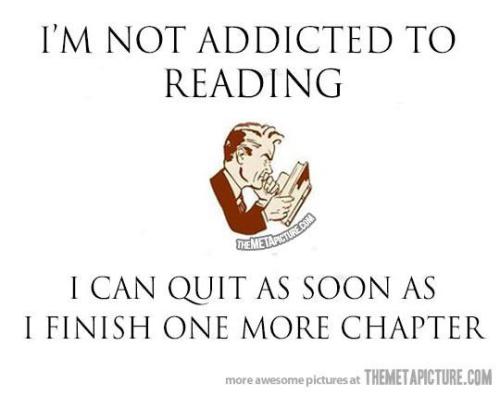I decided then and there that I was going to find a way to work the exercise into my Research & Writing course. So I did.
I modified the title and added Zombies to the mix: "Vampires, Zombies, Robots! (Oh my!)"
First, I told my students I wanted to give them "Context" on the class meeting's activity, so we watched the previews for I, Robot, Queen of the Damned, and Warm Bodies. Without telling them why, I then instructed my students each to find a partner who is not in their Focus Group (small groups of students organized by theme and similarity in research topic). I then gave the students three minutes each to explain their: 1. Research Project, 2. Purpose, and 3. Justification (why they chose the topic). I then gave them the following descriptions and told them to choose one:
*Vampires: Vampires exist by sucking the life-blood out of humans, ruling over them with their superior life-span (forever) and strength. Life is short if you’re a human.
*Robots: Science and technology have triumphed; creative thought, mistakes, and human emotion are no longer relevant. Life is mechanical.
*Zombies: People are mindless consuming bodies, decaying and falling to ruin. Life just isn't life.
They had a shorter time to discuss their Topic, Purpose, and Justification with their second partners, then additional time to explain their choice of apocalypse. In their third pairings, students had even less time to discuss their Topic, Purpose, and Justification, but additional time to discuss their apocalypse. I then gave them about 15 minutes to write a movie preview combining their research topics, apocalypses, and themselves as protagonists. I made sure to remind them to use their cheesiest "movie guy" voice as they wrote. At the end of class, all of the pairs read their previews aloud as dramatically as they could (when they weren't collapsing into giggles!).
Success! It was an absolute riot and it was a useful exercise: Students had to work with partners they might not normally have chosen to work with. Students also had to describe their research (8-10 pgs.) concisely to someone who wasn't familiar with their project. Students had to think abstractly to connect topics like STDs prevention, the importance of architects, and GMOs (Genetically Modified Organisms) to an appropriate apocalypse. On top of all this, students had to synthesize their research, an abstract idea (apocalypse via Vampires, Robots, or Zombies), and create a viable end product: a film preview. I will definitely do this again!
Life just isn’t life.



